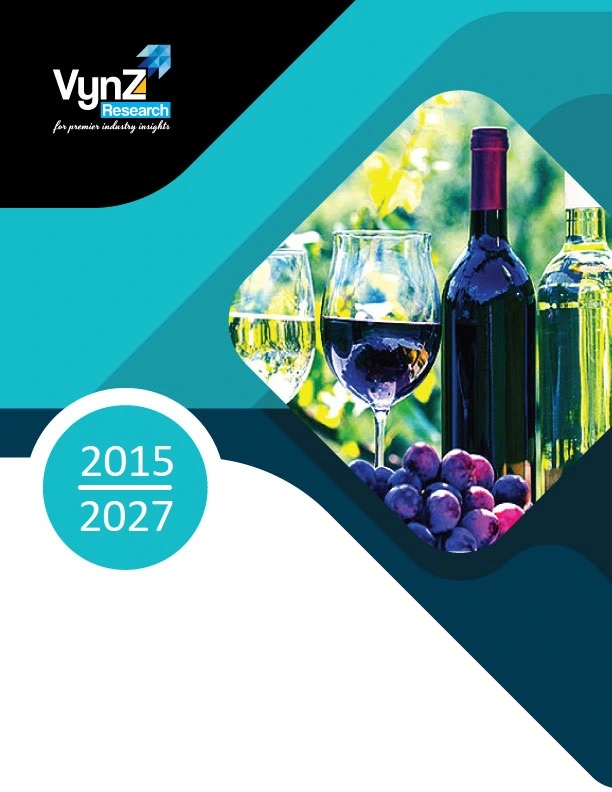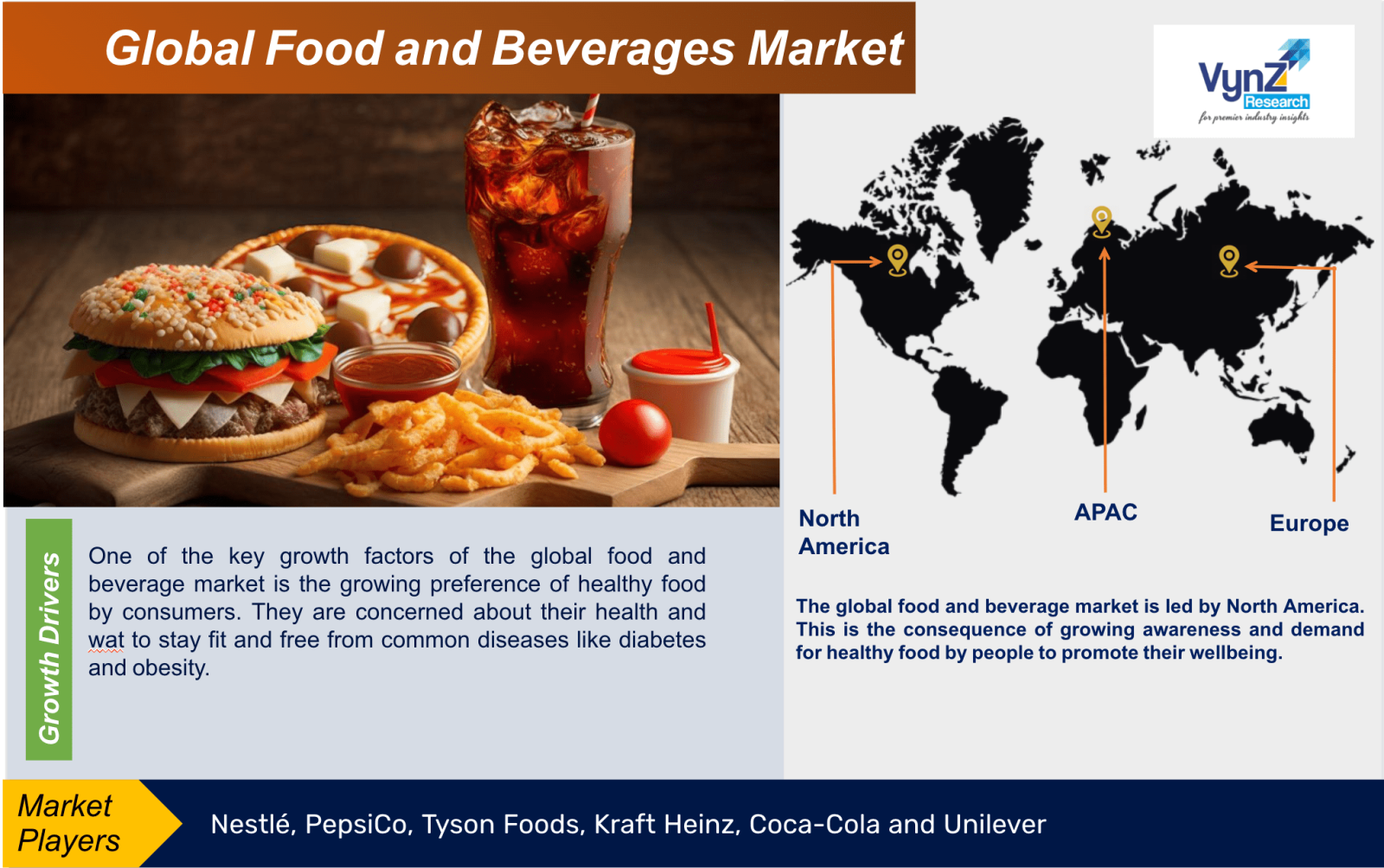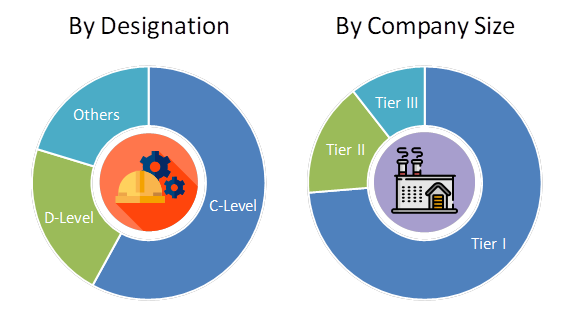| Status : Published | Published On : Jan, 2025 | Report Code : VRFB11032 | Industry : Food & Beverage | Available Format :

|
Page : 135 |

Global Food and Beverages Market Size & Share | Growth Forecast Report 2030
Industry Insights By Nature (Organic and Conventional), By Type (Alcoholic, Non-Alcoholic, Grain, Frozen, Canned, Bakery, Confectionery, Dairy, Meat, Seafood, and Poultry products), By Distribution Channels (Supermarkets, Hypermarkets, E-Commerce, Convenience Stores and Direct-To-Consumer, and other subsections), and By Geography (North America, Europe, Asia Pacific and Rest of the World)
Industry Overview
The global food and beverages market size was valued at USD 159.5 billion in 2023. It is likely to grow up to USD 189.4 billion by 2030 at a CAGR of 9.4 % during the forecast period ranging between 2025 and 2030.

People are now driven more towards healthy food and herbal or plant-based substitutes are therefore growing in popularity. This pushes the rise in demand for such foods thereby promoting the growth of the food and beverages market.
Production or processing of food, packaging and distributing edible food and drinks are the jobs involved in food and beverages industry. There has been a notable development in the industry due to rapid tech developments and automation. This has not only improved production rate and process but has also improved food safety and quality standard. The food and beverage industry caters to the need of consumers as well as businesses worldwide including restaurants, retail and more.
Industry Dynamics
Global Food and Beverages Market Trends/ Growth Drivers:
Higher preference by consumers for healthy food
One of the key growth factors of the global food and beverage market is the growing preference of healthy food by consumers. They are concerned about their health and wat to stay fit and free from common diseases like diabetes and obesity. Healthy food alternatives that have low sugar content and zero gluten help them avoid cardiovascular diseases as well and maintain a healthy lifestyle. This growing preference has urged the food manufacturers to diversify their range of products and produce healthier alternatives.
Growing awareness of people regarding the health benefits of these food products and need for sustainability on food products and diets also propels the market growth. Innovations and development in food technology, sustainable sourcing and packaging of food, use digital tools to personalize food experiences, supply chain upgrade, and need to meet environmental standards further fuel the market growth.
Global Food and Beverages Market Challenges
Supply chain issues causing disruptions
Supply chain issues and disruptions pose major challenge to the global food and beverage market. With unstable supply of raw materials, production is hampered and delayed. This raises the cost of production, which adds up due to the rising transportation expenses. Furthermore, the market is challenged by the variable raw material prices and geopolitical problems.
Global Food and Beverages Market prospects
Higher demand in developing economies
The expansion of markets in developing economies offer major growth avenues to the global food and beverage market. It is mainly credited to the rising disposable income among consumers, shifting consumer preferences, and rapid urbanization drives. This forces manufacturers to offer wider variety of food and drinks to consumers who now prefer healthy alternatives and even follow global food trends. Higher adoption of online shopping and improved delivery services also offer novel growth opportunities.
Global Food and Beverages Market Report Coverage
|
Report Metric |
Details |
|
Historical Period |
2018 - 2023 |
|
Base Year Considered |
2024 |
|
Forecast Period |
2025 - 2030 |
|
Market Size in 2024 |
U.S.D. 159.5 Billion |
|
Revenue Forecast in 2030 |
U.S.D. 189.4 Billion |
|
Growth Rate |
9.4% |
|
Segments Covered in the Report |
By Nature, By Type and By Distribution Channels. |
|
Report Scope |
Market Trends, Drivers, and Restraints; Revenue Estimation and Forecast; Segmentation Analysis; Impact of COVID-19; Companies’ Strategic Developments; Market Share Analysis of Key Players; Company Profiling |
|
Regions Covered in the Report |
North America, Europe, Asia Pacific and Latin America |
Global Food and Beverages Market Segmentation
VynZ Research provides an analysis of the key trends in each segment of the Global Food and Beverages Market report, along with forecasts at the regional and country levels from 2025-2030. Our report has categorized the market based on Nature, Type and Distribution Channels.
Insight by Nature
- Organic
- Conventional
Organic food leads the way
The global food and beverage market is split into Organic and Conventional food by their nature. Among them, the organic segment leads the market due to growing helath awareness among customers. Also, higher demand for sustainable food pushes the growth of this segment. They prefer food with natural ingredients and free from harmful chemicals or pesticides, pushing the growth of this segment.
Insight by Type
- Alcoholic
- Non-Alcoholic
- Grain
- Frozen
- Canned
- Bakery
- Confectionery
- Dairy
- Meat
- Seafood
- Poultry products
High demand of alcoholic beverages dominates
The global food and beverage market is divided by type into different types of food products and beverages such as Alcoholic, Non-Alcoholic, Grain, Frozen, Canned, Bakery, Confectionery, Dairy, Meat, Seafood, and Poultry products. Alcoholic beverage segment will dominate due to higher demand.
Insight by Distribution Channels
- Supermarkets
- Hypermarkets
- E-Commerce
- Convenience Stores and Direct-To-Consumer
- Other Subsections
Supermarkets and hypermarkets dominate with wider product range
Different distribution channels also divide the global food and beverages market into Supermarkets, Hypermarkets, E-Commerce, Convenience Stores and Direct-To-Consumer, and other subsections. The wider product range of the hypermarkets and supermarkets put them forward which is further facilitated by the convenience offered in shopping.
Global Food and Beverages Market: Geographic Overview
- North America
- U.S.
- Canada
- Mexico
- Europe
- Germany
- U.K.
- France
- Italy
- Spain
- Russia
- Rest of Europe
- Asia-Pacific (APAC)
- China
- Japan
- India
- South Korea
- Vietnam
- Thailand
- Malaysia
- Rest of Asia-Pacific
- Rest of the World (RoW)
- Brazil
- Saudi Arabia
- South Africa
- U.A.E.
- Other Countries
The global food and beverage market is led by North America. This is the consequence of growing awareness and demand for healthy food by people to promote their wellbeing.
The European market is also quite promising. It is propelled by the growing consciousness among people about their health and rising demand for organic food products.
The Asia Pacific region is most promising and will grow at a higher CAGR during the projected period due to rapid urbanization and growing disposable income among people.
In Latin America, rising demand for healthy as well as ready-to-eat food products by the consumers present better and higher growth prospects.
Global Food and Beverages Market: Major Players
- Nestlé
- PepsiCo
- Tyson Foods
- Kraft Heinz
- Coca-Cola
- Unilever
Global Food and Beverages Market: Recent news
Nestlé's Materna Brand Launches New Nutrition Solutions
In November 2024, Nestlé launched new Nescafé Fusion systems to enhance coffee experience with hot, cold, instant, roasted beans and other customized drink options.
In December 2024, PepsiCo appointed Christine Tammara as their Senior Vice President and Controller, a change that indicates their growth plans.

Frequently Asked Questions
Purchase Options
Latest Report
Research Methodology
- Desk Research / Pilot Interviews
- Build Market Size Model
- Research and Analysis
- Final Deliverabvle
Connect With Our Sales Team
- Toll-Free: 1 888 253 3960
- Phone: +91 9960 288 381
- Email: enquiry@vynzresearch.com
Food and Beverages Market
